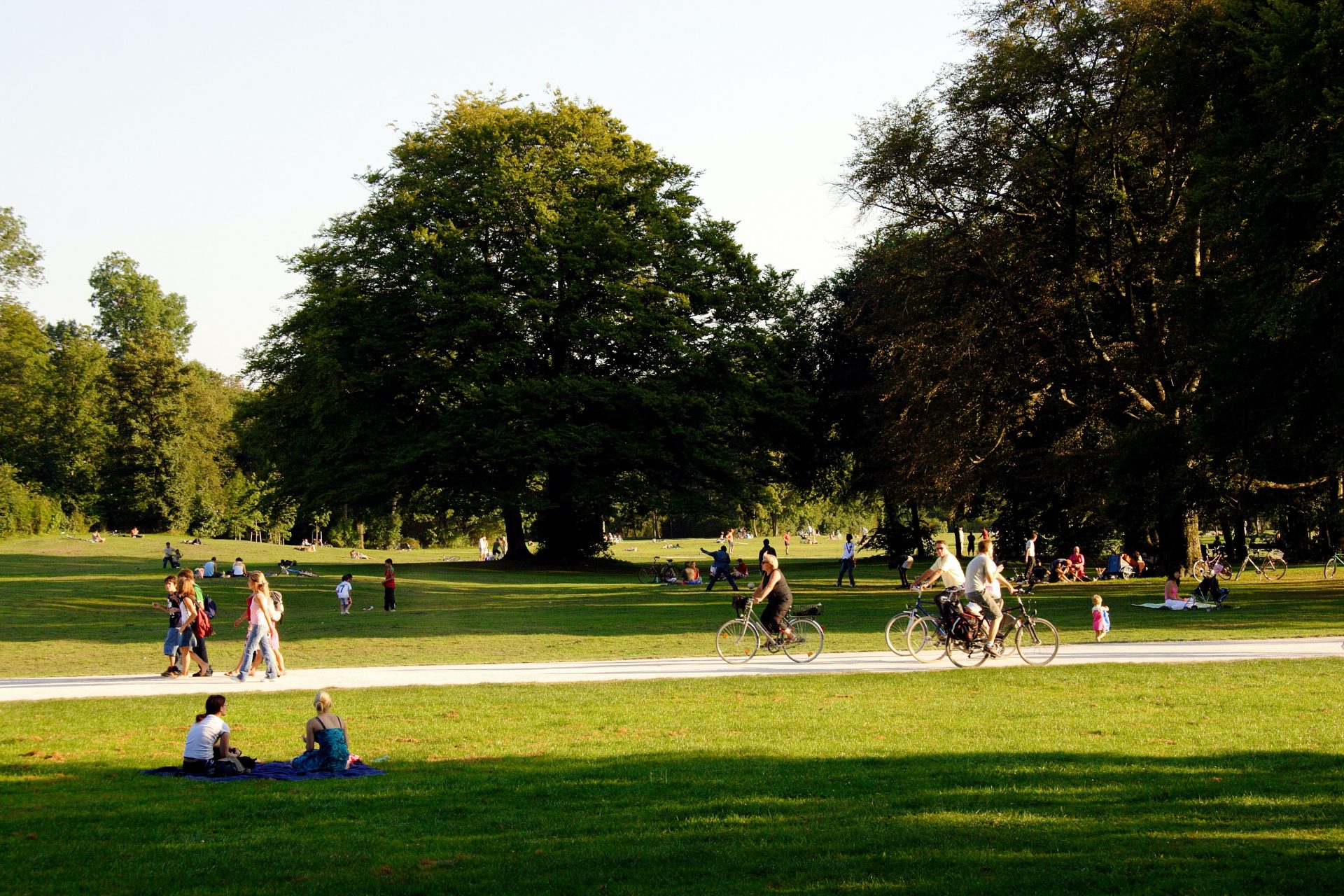How to be happy: Simple habits recommended by experts
Many studies over the past decade have found that people who consciously count their blessings tend to be happier and less depressed, including Harvard’s Grant study.
Photo: Kal visuals/Unsplash
It’s easier to complain about silly things that affect our days rather than be grateful. But we can switch that narrative, and practice gratitude for simple things like morning coffee, a sunset, or a hot shower, all of which can change our perspective.
Photo: Sasha Freemind/Unsplash
When we manage to step into other people’s shoes and understand that everyone has different perspectives, we’re less likely to get into conflict with people, the study found.
Holding grudges can have a negative impact on our health, according to the Mayo Clinic. Maybe that is why researchers have found that forgiving can make us happier.
That said, forgiving doesn’t mean justifying the actions of those who hurt us, but letting go of that hurt. Luckily, the Harvard study also found that as we get older, we generally get better at letting go of past hurt and failures.
The Harvard study also found a strong association between happiness and close relationships, such as romantic partners, friends, and family members.
Photo: Kimson Doan/Unsplash
That being said, it was also found that toxic relationships can be a mood buster, rather than a mood booster. So we should focus on positive relationships and let go of negative people in our lives.
Photo: Zachary Nelson/Unsplash
Another social activity that can bring us happiness and provide us with a sense of purpose is volunteering, the researchers found. Moreover, volunteering can broaden your social life by helping you meet like-minded people.
Photo: Ismael Paramo/Unsplash
Take a class, read a book, or learn a new skill. Neuroscience has shown that when we learn, our brain changes physically. Moreover, another study showed that being bored can have negative consequences for our health.
Photo: Matias North/Unsplash
Exercise releases endorphins, which are natural mood boosters. Many studies have shown that, in addition to physical benefits, exercise has a positive impact on our mental health.
Photo: Arek Adeoye/Unsplash
This is another habit that has proved to have a positive impact, not only on our physical health, but also on our mental well being.
Photo: Brooke Lark/Unsplash
Different studies show that lack of sleep can lead to mood swings, anxiety, and depression. According to the CDC, adults need between 7 to 9 hours of sleep per night.
Photo: Gregory Pappas/Unsplash
Several studies show that meditation can reduce stress, increase self-awareness, and improve emotional well-being.
Photo: Jared Rice/Unsplash
However, if you think you’ll find meditating too difficult, you can always try mindfulness: the practice of being aware and in the present, which can reduce stress and rumination, according to the American Psychological Association.
Photo: Sage Friedman/Unsplash
Laughter is also a natural stress reliever, several studies show. So watching comedies, spending time with people who make you laugh, or reading a funny book, can all contribute to your well-being.
Photo: Surface/Unsplash
Access to nature has been found to reduce stress and negative emotions, as well as promote social interaction, and even help generate a sense of meaning to life, according to the National Alliance on Mental Illness.
Photo: Ignacio Brosa/Unsplash
Other studies have shown that animals can reduce stress and anxiety. Spending time with your pets or volunteering at an animal shelter can also bring you happiness, according to the study.
Photo: Pontus Wellgraf/Unsplash
Different studies show that setting goals motivates us and makes us feel more optimistic about the future. Likewise, Harvard researchers found that having direction and objectives can bring us happiness by increasing our sense of purpose.
Photo: Glenn Carstens Peters/Unsplash
More for you
Top Stories



































